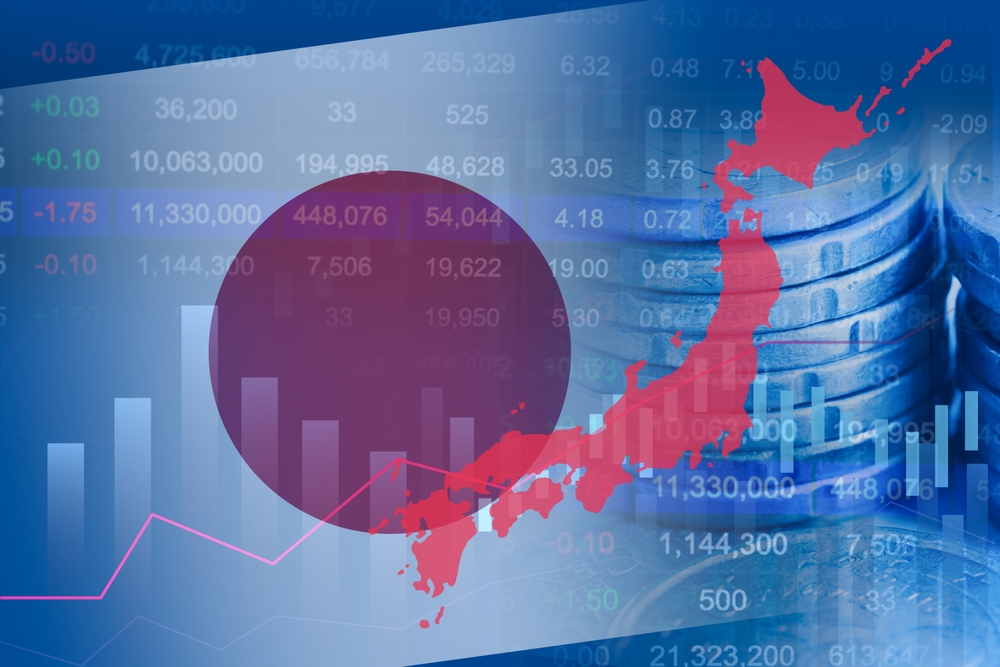July data fuels speculation of another rate hike this year
Consumer inflation in Tokyo eased slightly in July but remained well above the Bank of Japan’s 2% target, sustaining pressure on the central bank to consider another interest rate hike before year-end. The Tokyo core Consumer Price Index (CPI), which excludes fresh food prices, rose 2.9% compared to the same month last year, down from June’s 3.1% increase and just below the 3.0% market forecast.
The slowdown is attributed primarily to a base effect from last year’s spike in energy prices, which followed the end of government subsidies for fuel costs. Still, rising food and service prices underscore the continued strain on household budgets and suggest persistent inflationary pressures.
Key components show mixed inflation trends
Food prices, excluding volatile fresh products, climbed 7.4% year over year in July, accelerating from 7.2% in June. A separate gauge excluding both fresh food and energy — closely watched by the BOJ — remained steady at 3.1% in July, indicating stable underlying price growth driven by domestic demand. Service prices also held firm, rising 2.1% for the second consecutive month, reflecting the impact of elevated labor costs passed on by companies.
Economists expect headline inflation to moderate in the coming months as last year’s fuel cost surge falls out of the comparison base and recent spikes in staple goods like rice begin to stabilize. However, persistent wage pressures and consumer resilience could support continued price growth.
BOJ eyes revised projections amid mixed signals
The Bank of Japan is set to hold its next policy review on July 30-31, with analysts anticipating an upward revision to this fiscal year’s inflation forecast. Despite January’s rate hike to 0.5%, nominal wage growth has remained modest, and overall economic momentum has been constrained by global headwinds — including U.S. tariffs that led the BOJ to cut its growth outlook in May.
Yet U.S. President Donald Trump’s unexpected announcement of a trade deal with Japan has brightened the economic outlook, reducing uncertainty and rekindling investor bets on another rate increase before the end of the year. Hours after the announcement, BOJ Deputy Governor Shinichi Uchida acknowledged that the agreement could strengthen the case for achieving durable 2% inflation.
Markets split over timing of next move
A Reuters poll conducted prior to the trade deal showed most economists expect the BOJ to raise rates by year-end, though the majority anticipate no change at the July meeting. Skeptics point to soft wage data and signs of cooling inflation as reasons for caution.
“If inflation begins to slow, the BOJ won’t have a pressing need to raise interest rates,” said Toru Suehiro, chief economist at Daiwa Securities. Nonetheless, market participants will be watching closely for signals during the upcoming meeting, especially amid growing signs of policy divergence with the U.S. Federal Reserve.


